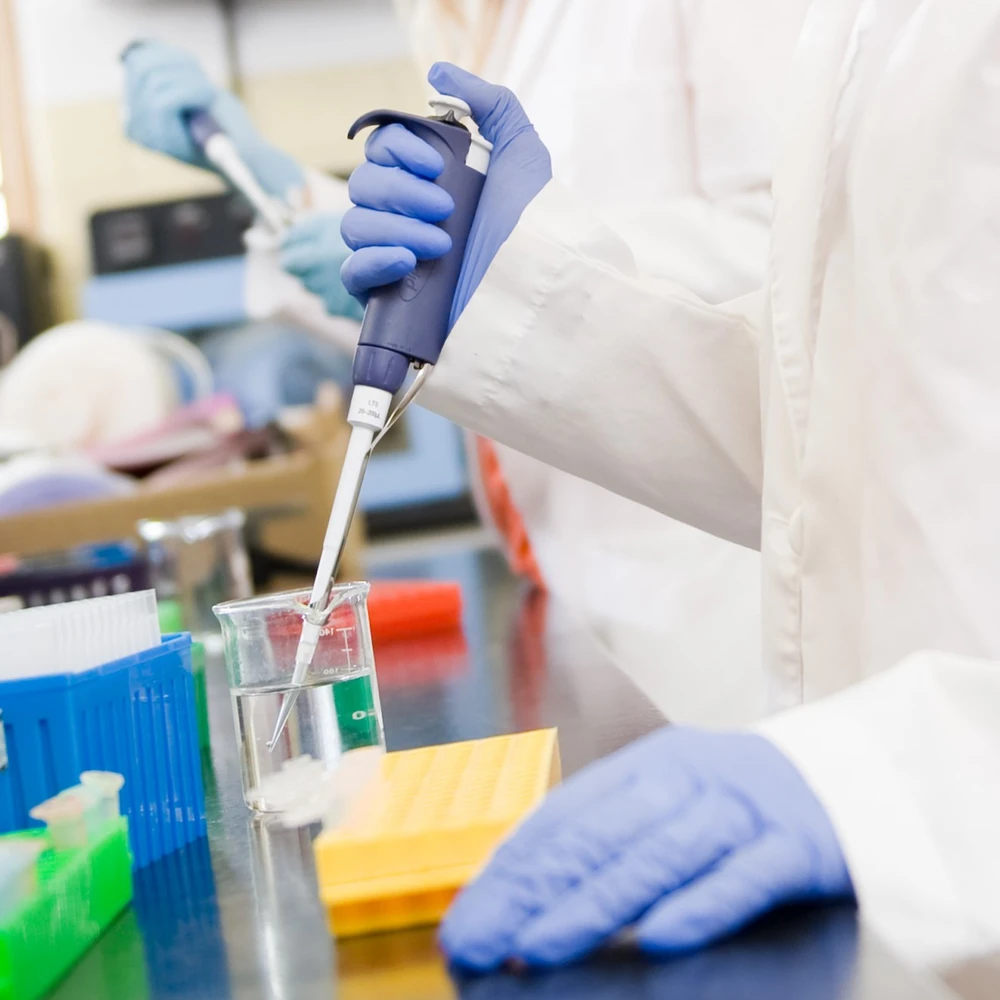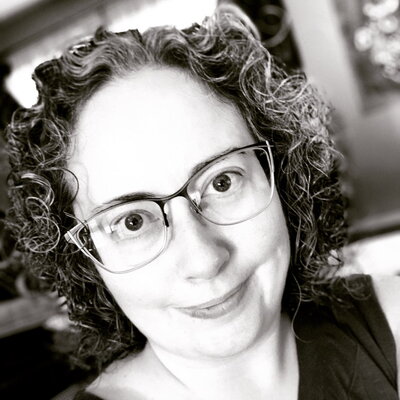
This past academic year alone, the Chemistry Teaching Labs recycled 578 pounds of plastic gloves across 11 undergraduate courses comprising 25 wet lab spaces.
Led by Serenity Desmond, the Assistant Director of Teaching Labs for Chemistry, and physical science technical assistants Michelle Colombo, Justin McGlauchlen, and Alexis Waite, these efforts to repurpose previously hard-to-recycle items have garnered a Chelsea Santucci Greenovation Award from Kimberly-Clark Professional.
Desmond said that since Spring 2017, the Chemistry Teaching Labs have been participating in The Right Cycle Program. It’s the first large-scale recycling program for non-hazardous lab, cleanroom, and industrial PPE. The program is designed to help pharmaceutical companies, research laboratories, and manufacturing facilities reduce their solid waste streams by enabling them to recycle nontraditional waste, such as apparel items, gloves, shoe covers, masks, and safety eyewear.
These hard-to-recycle items are diverted from the waste stream and landfills and turned into new consumer goods, such as flowerpots, patio furniture and plastic shelving.

“It is great to be able to incorporate glove recycling into the teaching labs and give the students an opportunity to be a part of a sustainable process and impact the environment,” Desmond said.
Prior to this program, Desmond said, students disposed of their used gloves in the regular trash bins, and no measures were taken to decontaminate the gloves or separate them from the regular trash.
“Under this program, students throw their gloves into designated glove recycling bins. These bins are then shipped to a Kimberly-Clark partner company, where they are decontaminated and recycled,” Desmond explained. “The recycled materials can be made into a variety of items such as binder clips, planters and bike racks.”
Desmond said the Chemistry Teaching Labs are always looking for ways to be more sustainable.
“We are working with Kimberly-Clark to expand our recycling efforts to include additional materials. Additionally, several of the lab courses have undergone changes to allow for the use of chemicals that are more environmentally friendly,” Desmond said.